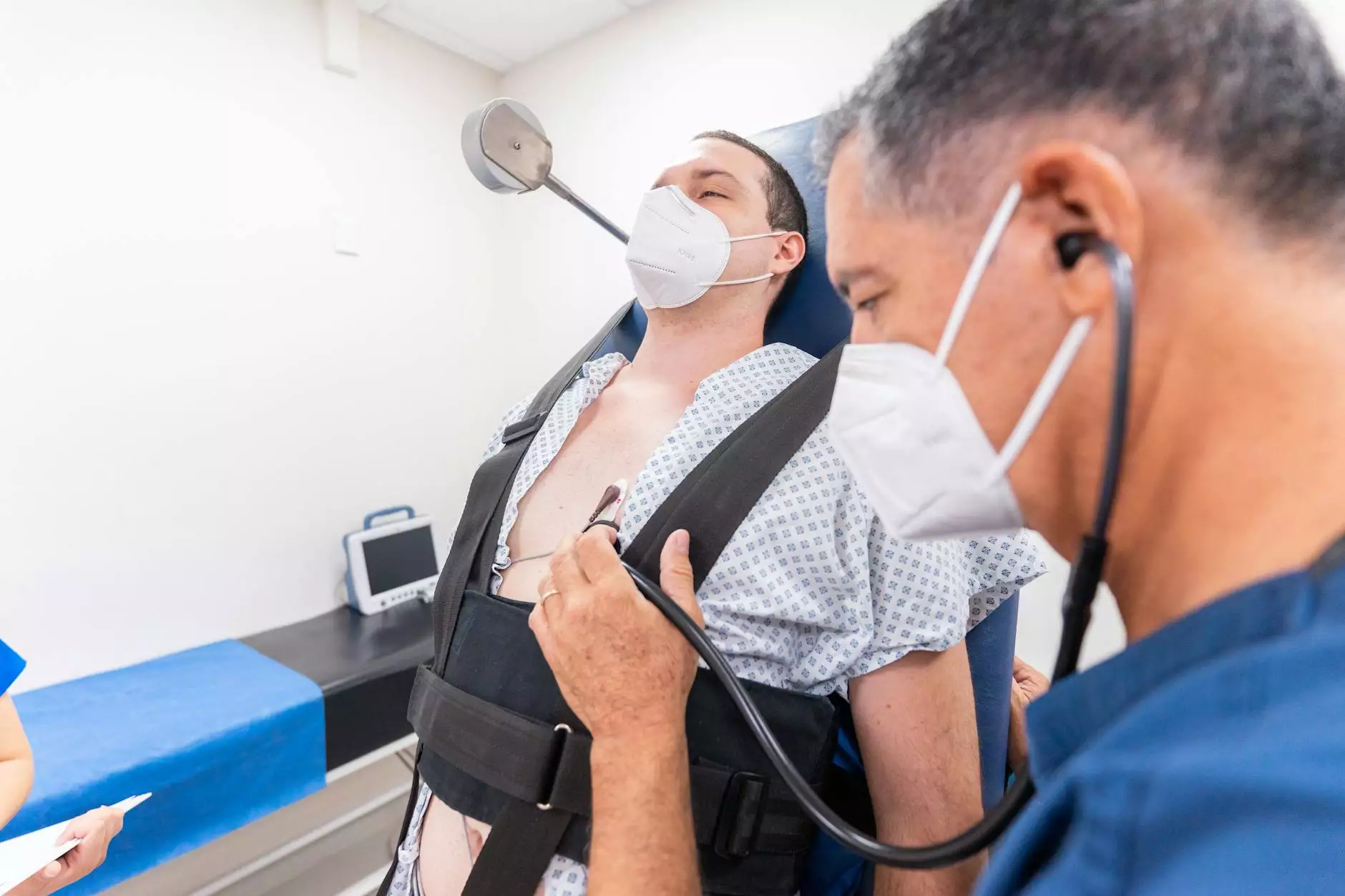Dermatitis - Barba Dermatology

About Dermatitis
Dermatitis, also known as eczema, is a common skin condition characterized by inflammation and irritation of the skin. It affects millions of people worldwide and can occur in individuals of all ages. Dermatitis can be acute, chronic, or recurrent, and it may present with various symptoms depending on the type and severity.
Types of Dermatitis
There are several types of dermatitis, including:
1. Atopic Dermatitis
Atopic dermatitis is the most common form of dermatitis, often seen in individuals with a family history of asthma, hay fever, or other allergies. It typically develops in infancy or early childhood and may persist into adulthood.
2. Contact Dermatitis
Contact dermatitis occurs when the skin comes into contact with irritants or allergens. It can be further classified into allergic contact dermatitis and irritant contact dermatitis. Allergic contact dermatitis results from an allergic reaction to substances like metals, cosmetics, or certain plants. Irritant contact dermatitis, on the other hand, is caused by direct irritation of the skin due to chemicals or other irritants.
3. Seborrheic Dermatitis
Seborrheic dermatitis primarily affects areas of the skin with a high density of sebaceous glands, such as the scalp, face, and chest. It is characterized by redness, scaling, and itching. Seborrheic dermatitis may be associated with an overgrowth of a yeast called Malassezia.
4. Nummular Dermatitis
Nummular dermatitis is characterized by coin-shaped patches of irritated and inflamed skin. It is often triggered by dry skin, environmental factors, or allergic reactions.
Symptoms of Dermatitis
The symptoms of dermatitis may vary depending on the type and severity of the condition. Common symptoms include:
- Redness
- Swelling
- Itching
- Flaking or scaling of the skin
- Blisters or oozing
- Dry, cracked skin
- Thickened skin
- Tenderness or sensitivity
Treatment Options for Dermatitis
Effective management of dermatitis involves lifestyle modifications, skincare practices, and medical interventions. Treatment options may include:
1. Topical Medications
Topical corticosteroids are commonly prescribed to reduce inflammation and relieve itching associated with dermatitis. Non-steroidal creams or ointments, such as calcineurin inhibitors, may also be recommended.
2. Moisturizers
Regularly applying moisturizers can help hydrate the skin and relieve dryness, reducing the frequency of flare-ups.
3. Avoidance of Triggers
Identifying and avoiding triggers is crucial in managing dermatitis. This may involve avoiding irritating substances, allergens, or making lifestyle adjustments.
4. Phototherapy
Phototherapy, also known as light therapy, uses controlled exposure to specific wavelengths of light to relieve symptoms. It can be an effective treatment option for certain types of dermatitis.
5. Oral Medications
In severe cases, oral medications such as antihistamines, immunosuppressants, or antibiotics may be prescribed to help alleviate symptoms and control inflammation.
6. Lifestyle Modifications
Adopting a healthy lifestyle, including stress management, regular exercise, and a balanced diet, can contribute to overall skin health and help prevent flare-ups.
Visit Barba Dermatology for Effective Dermatitis Treatment
If you are looking for comprehensive dermatitis treatment, trust the expertise of Barba Dermatology. Our team of experienced dermatologists, led by Dr. Arthur F. Smith, specializes in diagnosing and treating various skin conditions, including dermatitis. We provide personalized treatment plans tailored to your specific needs, ensuring effective and long-lasting results.
At Barba Dermatology, we are committed to helping you achieve healthy, glowing skin. Contact us today to schedule a consultation and take the first step towards dermatitis relief.




